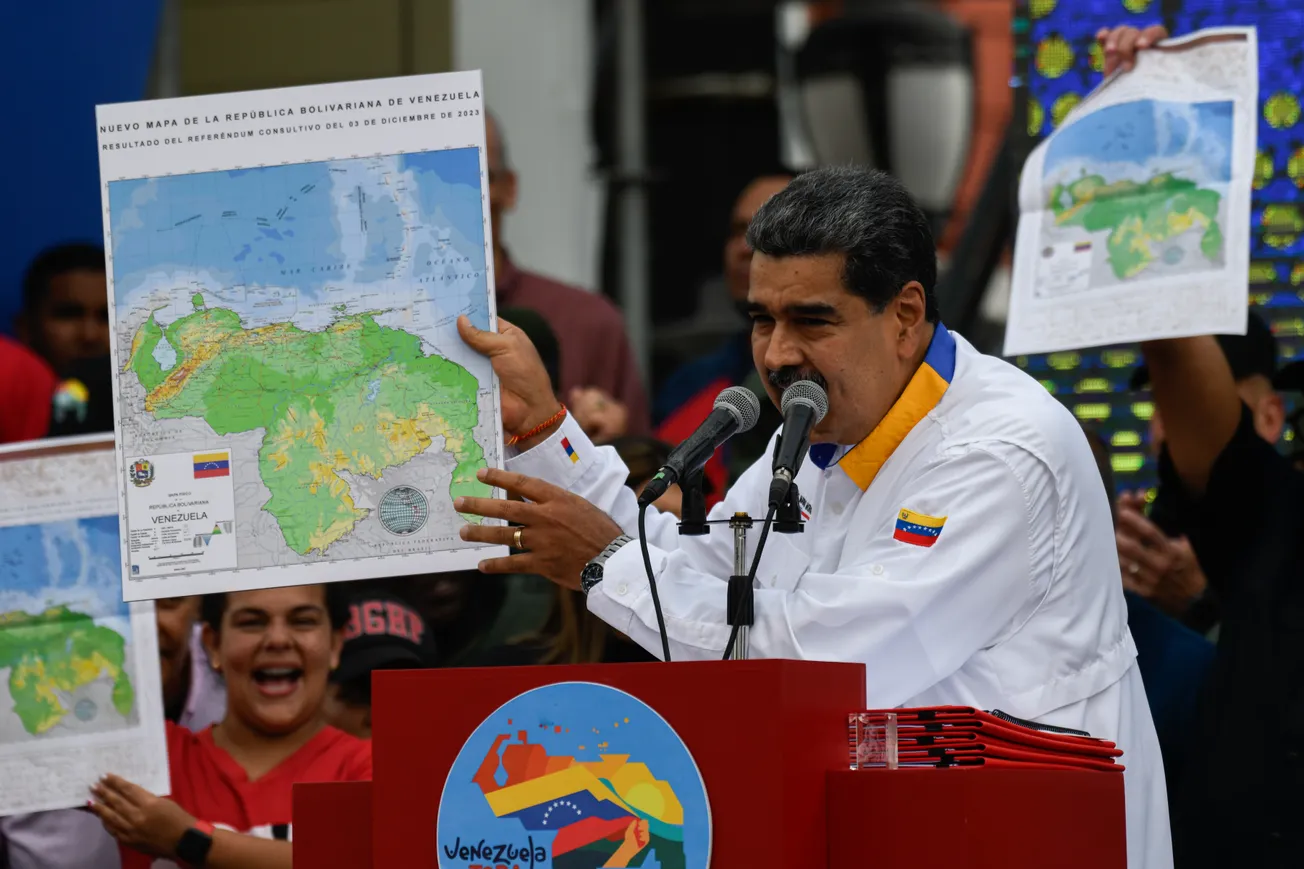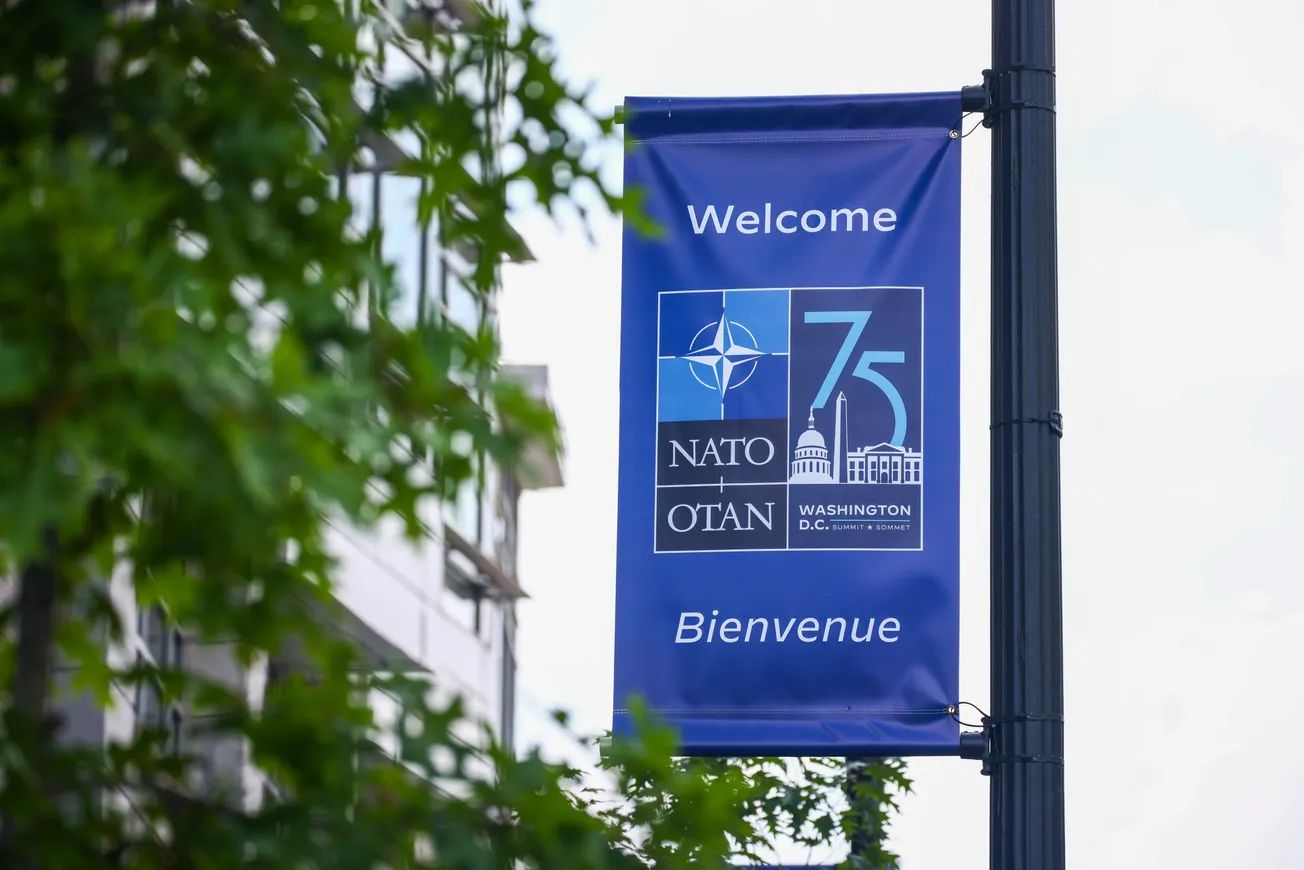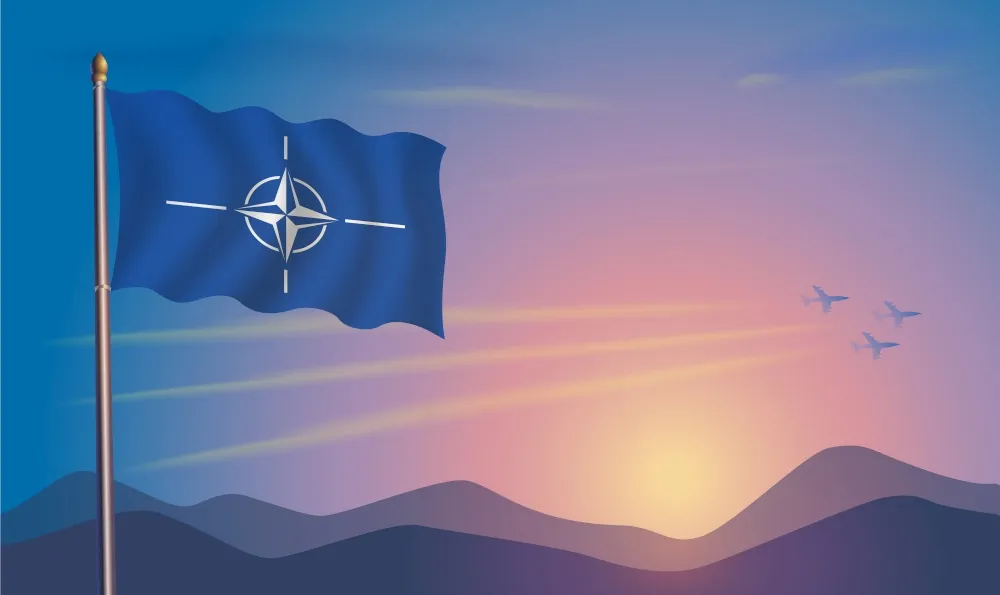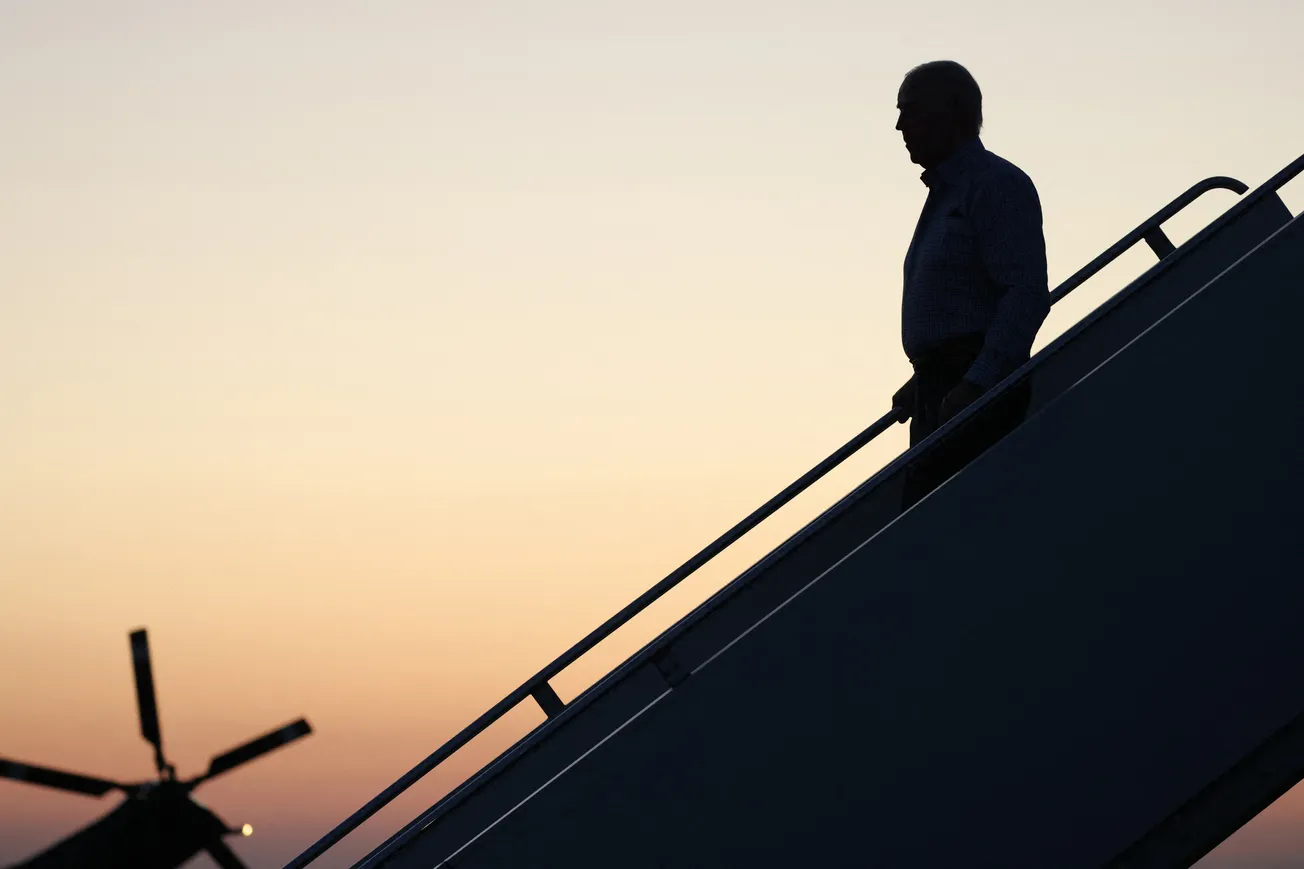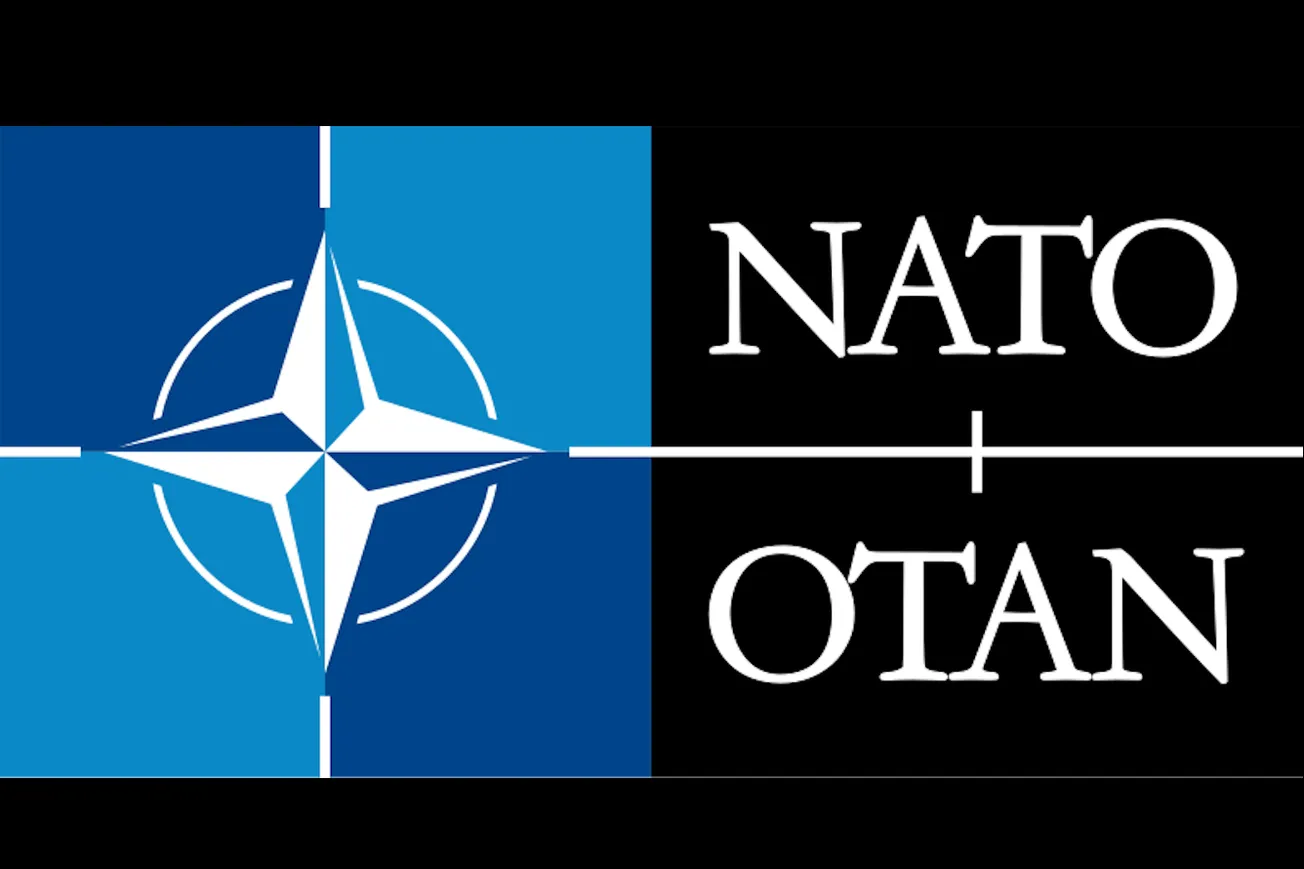- Venezuela held a "consultative" referendum on territorial disputes with Guyana
- Caracas claims Venezuelans reject the International Court of Justice's jurisdiction and support creating a new state in the Esequibo region
- Tensions are high, with the US supporting Guyana militarily
- Guyana insists the matter should be settled at the ICJ, aiming for a peaceful resolution
Territory disputes between Venezuela and Guyana have made global headlines in the past week after Venezuelan President Nicolas Maduro held what was initially said to be a "consultative" referendum.
Caracas claims that, per the referendum, Venezuelans reject the International Court of Justice's (ICJ) jurisdiction over the country's territorial dispute with Guyana. Further, the Maduro administration asserts that 95% of the citizens favor creating a new state in the Esequibo region, which accounts for two-thirds of Guyana.
Now, hailing the plebiscite as a "total success" and an "unappealable mandate," Major General Alexis Rodríguez Cabello, a deputy of the United Socialist Party of Venezuela, has been chosen to head a special military unit to oversee the new state, Guayana Esequiba. President Maduro has ordered the national oil company, PDVSA, to commence oil exploration in the region.
The sparsely populated 160,000-square-km (62,000-square-mile) border territory around the Esequibo River is coveted for its oil and gas reserves. Estimates suggest that off Guyana's coast lies 11 billion barrels of recoverable oil and gas. Though the Esequibo region is primarily covered by jungle, about 400,000 barrels per day (bpd) of oil and gas are being produced off its coast. The output is expected to climb to more than 1 million bpd by 2027. Caracas is eyeing the exploitation of these resources since tapping into its own natural gas reserves has fallen due to US sanctions, outdated infrastructure, and mismanagement.
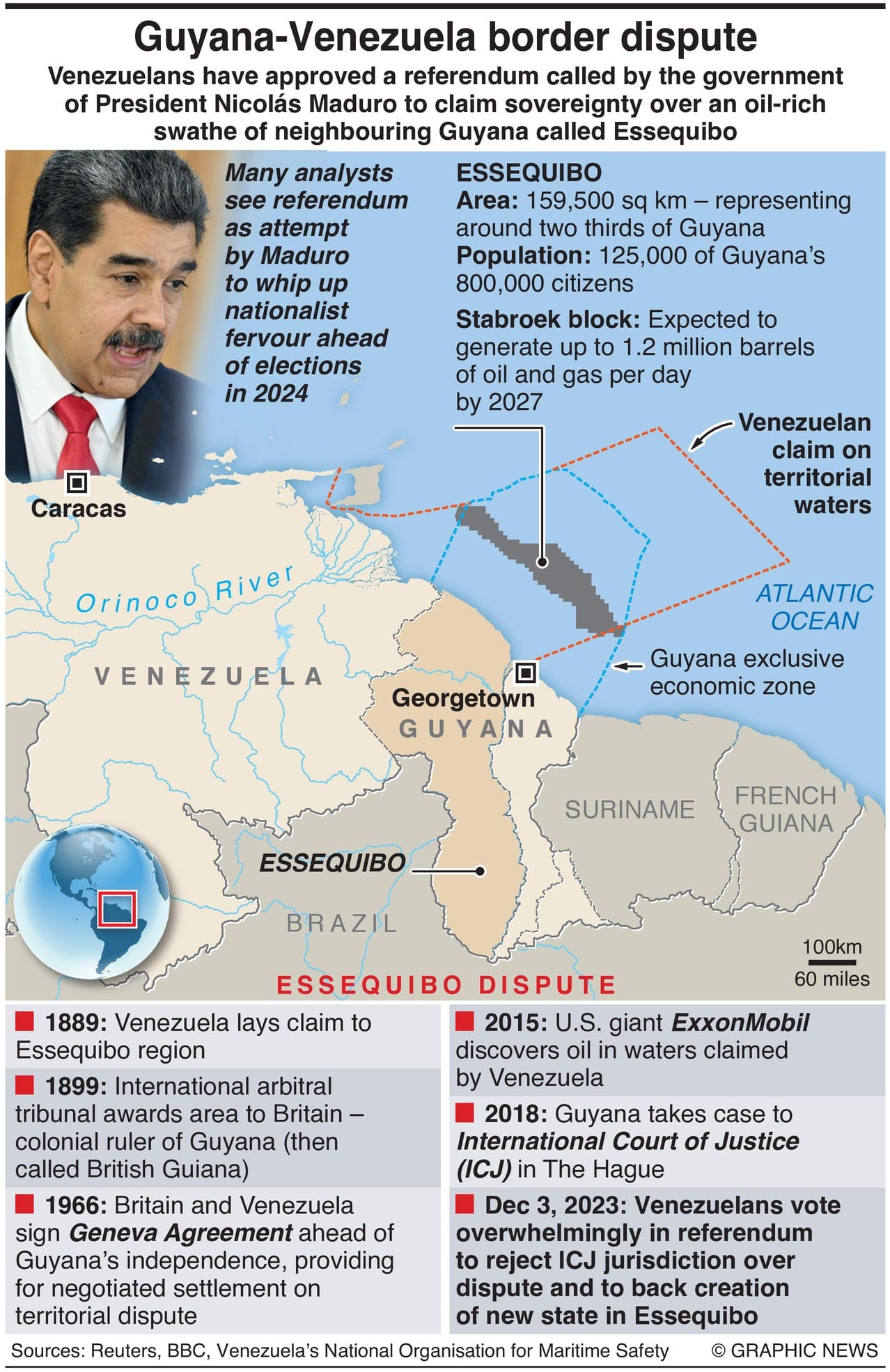
The saber-rattling by President Maduro is also seen simultaneously as a show of strength and a litmus test of support among Venezuelans as the country heads to the polls in 2024. With Guyana already having approached the international community for support, some fear that he could even use the heightened tensions in the region as a ruse to put off or cancel the upcoming election.
The US State Department's Office of the Historian website states, "The Venezuelan Boundary Dispute officially began in 1841, when the Venezuelan Government protested alleged British encroachment on Venezuelan territory." Almost three decades earlier, the imperial power with an empire that spanned the globe had acquired British Guiana (now Guyana) by treaty with the Netherlands." Back then, the discovery of gold had prompted extravagant territorial claims by the British. Though Guyana holds the ruling of 1899 by a boundary commission as legal, Venezuela alleges that a decision taken by Britain, Russia, and the United States arbitrators over its national borders is not binding.
The century-old dispute threatens Guyana, a young, English-speaking democracy. Though the International Court refrained from barring the referendum, it has prohibited Caracas from altering the status quo. Meanwhile, the US Southern Command, which oversees military operations in Central and South America, has announced that it would "conduct flight operations with the Guyanese military." The show of support from Washington is expected to deter President Maduro from occupying the disputed territory by force.
Tensions are high, and Guyana's foreign minister, Hugh Todd, has said:
What is concerning to us is that Maduro has given specific instructions, all of which speak to the occupation of our Essequibo. We interpret those actions as a direct threat to our sovereignty and territorial integrity, so we obviously intend to send a strong signal to Venezuela that Guyana will protect its territorial integrity....We remain on high alert, and we are not taking any option off the table.
The two countries have now agreed to meet on the Eastern Caribbean island nation of St. Vincent to negotiate the border dispute. But, Guyana President Irfaan Ali stated that "on the issue of the border controversy, Guyana's position is non-negotiable. The matter is before the ICJ, and there is where it will be settled." On its part, Caracas has declared an "aspiration to maintain Latin America and the Caribbean as a zone of peace, without interference from external actors."
Later in the week, the meeting will take place under the leadership of St. Vincent's prime minister, with Brazil (which borders both countries) serving as an observer. The world shares President Irfaan Ali's sentiment: "We expect that good sense will prevail and the commitment to peace, stability, the threat of disruption will cease."
We could use your help. Support our independent journalism with your paid subscription to keep our mission going.

